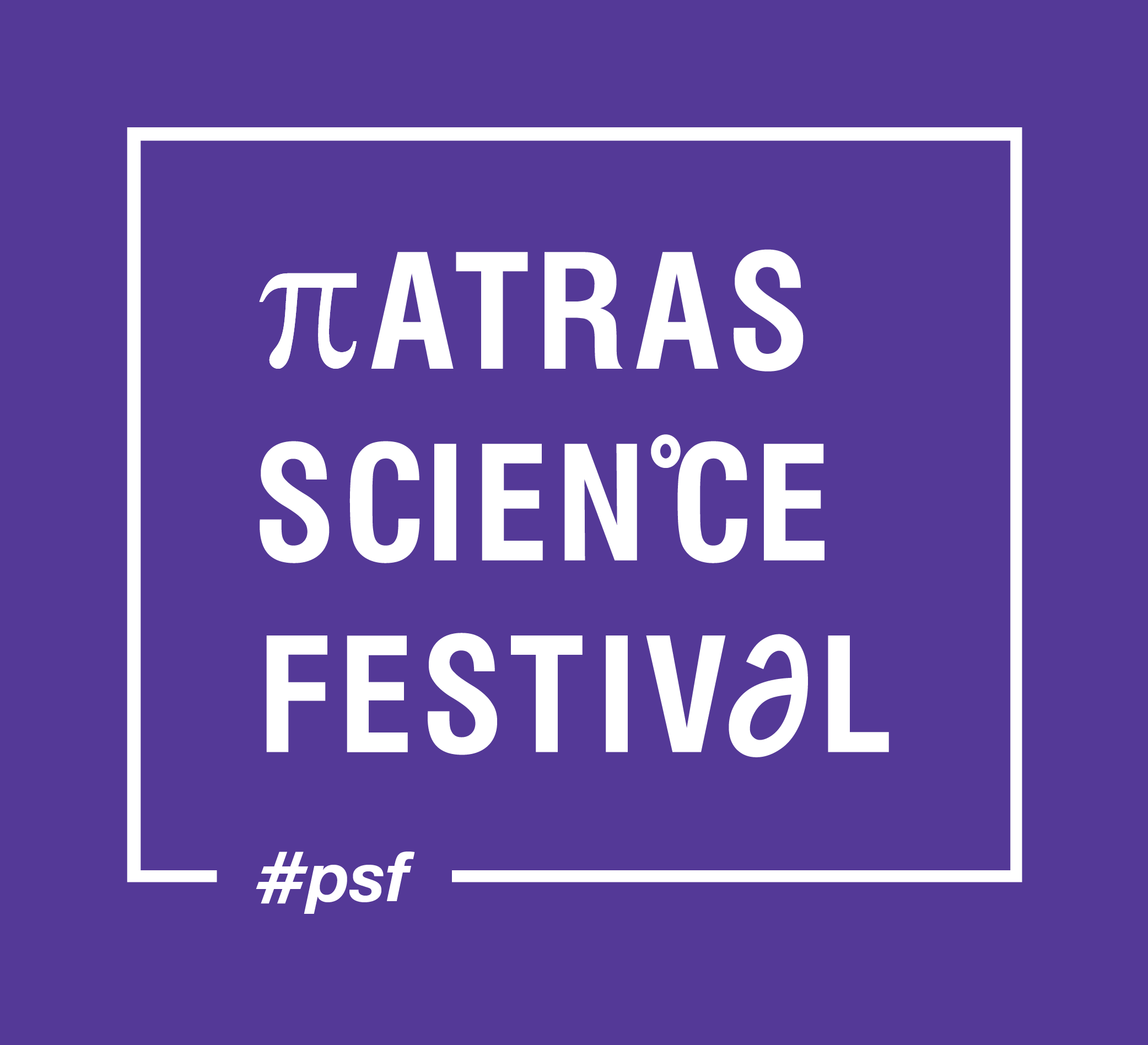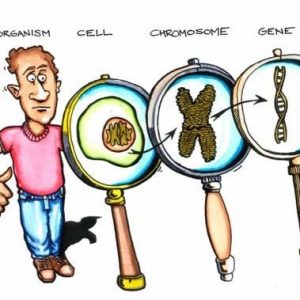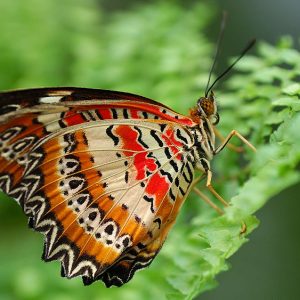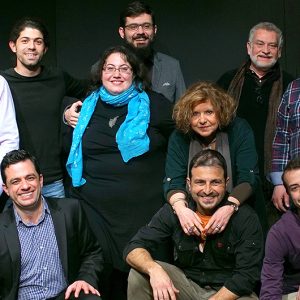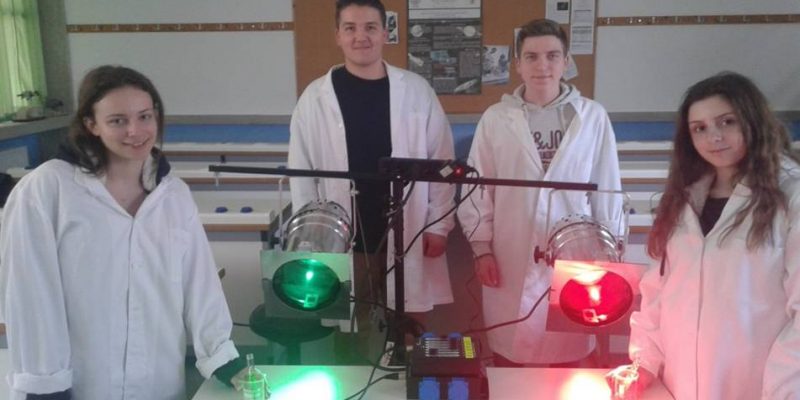
Artificial Photosynthesis
Photosynthesis is a process through which certain living organisms transform solar energy into chemical energy. Photosynthesis is probably the most important metabolic pathway in biosphere thanks to the production of organic substances. The ability to photosynthetize belongs only to those organisms that have pigments which absorb light. The most important pigments are chlorophylls which absorb light mainly in the blue and red region of the light spectrum. Photosynthesis can be observed in the waterweed Elodea when it is eradiated either with artificial blue or red light producing bubbles filled with oxygen, which is the main byproduct of photosynthesis.
Participation Days:
10/05/2017
Organization:
Arsakeio Lyceioum of Patras
